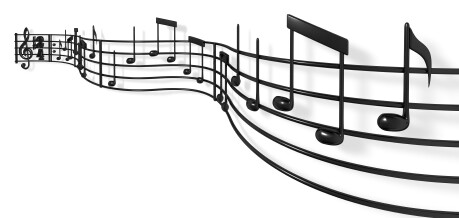
One of the challenging difficulties patients with chronic pain face is how to manage their chronic pain. When pain elimination is not possible, many clients in my private practice have to learn to live a satisfying life in the presence of pain.
When clients first present themselves in my office, they typically appear very depressed, anxious, and physically and socially disabled by the pain. As a result, the pain affects all aspects of their life, causing it to become a multidimensional problem. Given the complexity of this problem, a large body of research has shown that there are adaptive and maladaptive ways to cope with pain. Thinking the worse, such as “I’ll never have a normal life” is a good example of a maladaptive way to cope with pain because it does nothing to help to help the client to manage their mood or distress. That is, even when they cannot go back to an existence free of pain (when no cure for the problem that causes the pain can be found), there is no focus on what they can do to improve the quality of their life. Therefore, one aspect of psychological treatment is to look at ways that the client could adapt to their pain.
One method of dealing with chronic pain involves the use of distractions. The type of distraction used depends on the person because constant focus on the pain can wear a person down. Instead, they might focus on a pleasant activity for a while. A very popular and powerful distraction among my clients is music. They will report to me that the music is tied to very strong positive memories and feelings that compete with the pain. They will add that the music will not take away the pain but is enough to keep their mind off it for a while. This self-report is supported by recent research published in the Journal of Pain that showed that listening to music can help reduce the level of pain for individuals suffering from high anxiety. They explained that music reduces the pain because the person mentally engages with the music and responds to it emotionally, thus activating a different sensory pathway than the one pain takes. This means that when a person’s focus is taken away from pain through listening to music, the brain is rewiring how it processes information coming into its body and takes less notice about the pain-related information. This finding has also been replicated with cancer patients suffering from pain. For many of you, this finding may come as no surprise and may confirm what most of you have known all along. However, it was previously believed that high anxiety or worries would get in the way from the person benefiting from the distraction. If clients are too busy caught up with their intense worries, how could they reap the benefits of listening to music? In light of this recent finding, music becomes a very important arsenal in a toolbox of other coping strategies to use to cope with pain, especially for people who are very anxious.
Nauert, R. (in press). Music Soothes Anxiety, Reduces Pain. Journal of Pain.



About the Author:
Dr Chow is a licensed clinical psychologist with a private clinic in Saint-Laurent (Montreal) and in Saint-Lambert on the South Shore. She received her doctorate in Clinical Psychology from Concordia University. She is also a member of the Order of Psychologists of Quebec.